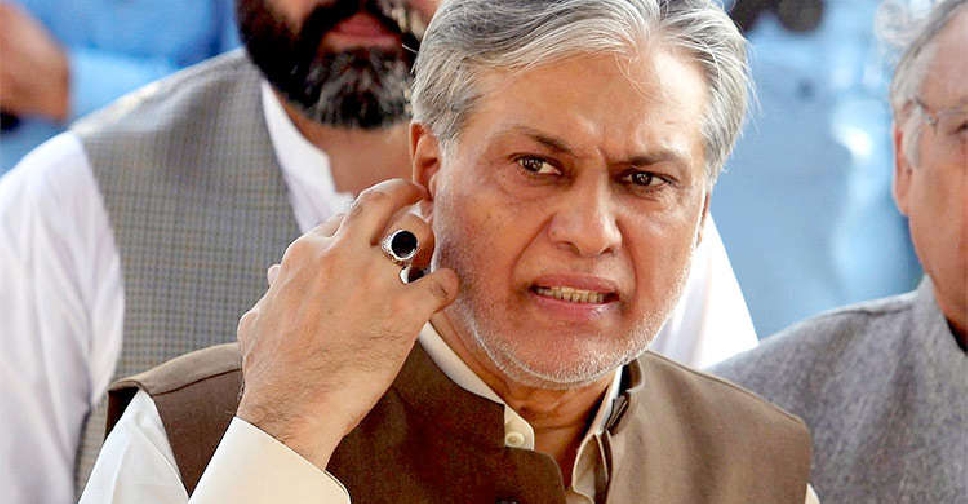
Pakistan's parliament on Sunday approved the government's 2023-24 budget which was revised to meet International Monetary Fund conditions in a last ditch effort to secure the release of more bailout funds.
The IMF in mid-June expressed dissatisfaction with the country's initial budget, saying it was a missed opportunity to broaden the tax base in a more progressive way.
The revised budget was approved a day after Finance Minister Ishaq Dar introduced new taxes and expenditure cuts.
"The (finance) bill is passed," House Speaker Raja Pervaiz Ashraf said in a live TV broadcast on Sunday.
With currency reserves barely enough to cover one month's imports, Pakistan is facing an acute balance of payment crisis, which analysts say could spiral into a debt default if the IMF funds do not come through.
There are five days to go before the $6.5 billion Extended Fund Facility (EFF) agreed in 2019 expires on June 30. The IMF has to review whether to release some of the $2.5 billion still pending to Pakistan before then. The tranche has been stalled since November.
Dar also announced on Saturday a number of other changes, including raising a petroleum levy and lifting of all restrictions on imports, which has been one of the major concerns of the IMF as part of its fiscal tightening measures for the South Asian economy.
The budget revision came after Prime Minister Shehbaz Sharif met IMF Managing Director Kristalina Georgieva on the sidelines of a global financing summit in Paris last week, followed by a marathon three-days of virtual talks between the two sides.
Under the $6.5 billion EFF's ninth review, negotiated earlier this year, Pakistan has desperately been trying to secure the IMF funds, which are crucial to unlock other bilateral and multilateral financing for the debt-ridden country.


 UK's Jaguar Land Rover to halt US shipments over tariffs
UK's Jaguar Land Rover to halt US shipments over tariffs
 US starts collecting Trump's new 10% tariff
US starts collecting Trump's new 10% tariff
 Nasdaq set to confirm bear market as Trump tariffs trigger recession fears
Nasdaq set to confirm bear market as Trump tariffs trigger recession fears
 Dana Gas and Crescent Petroleum exceed 500M boe in Khor Mor field
Dana Gas and Crescent Petroleum exceed 500M boe in Khor Mor field
 China to impose tariffs of 34% on all US goods
China to impose tariffs of 34% on all US goods




